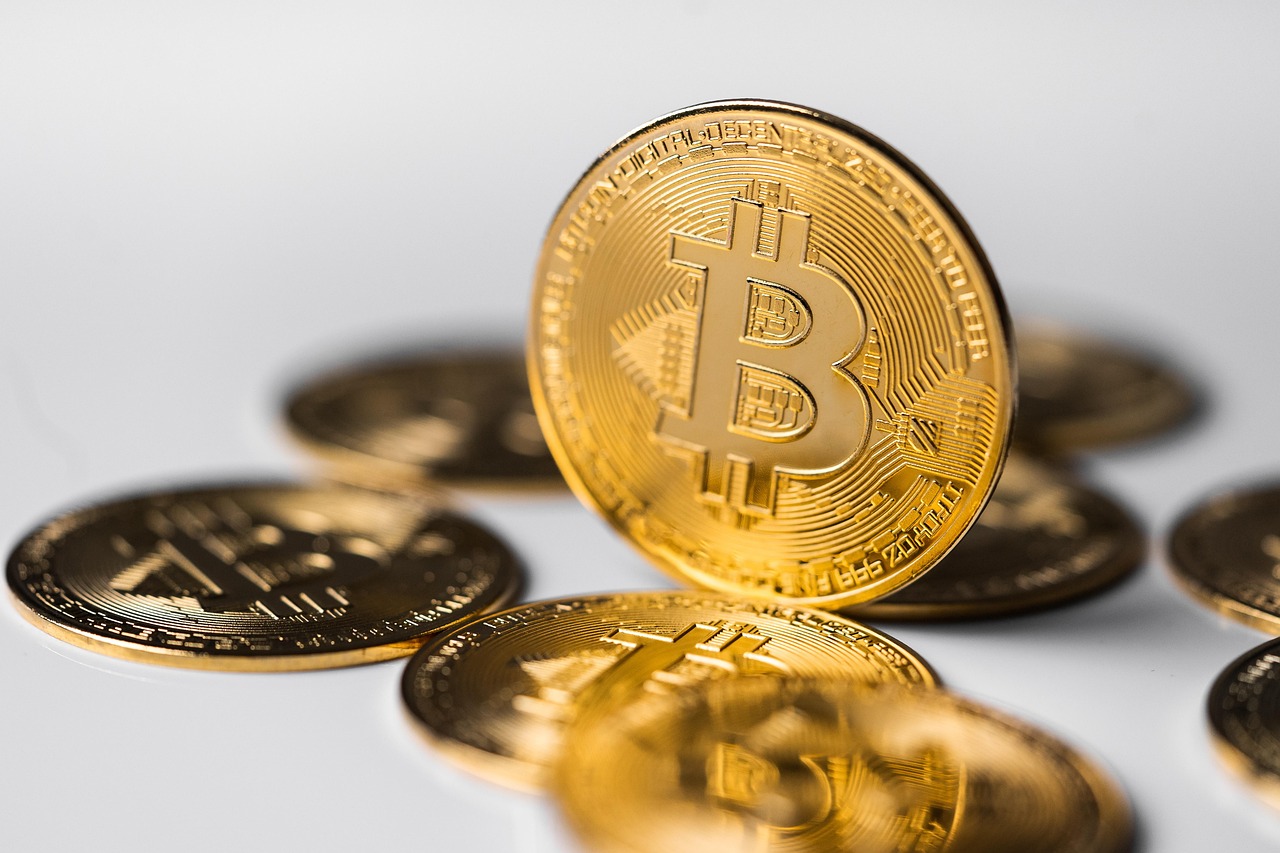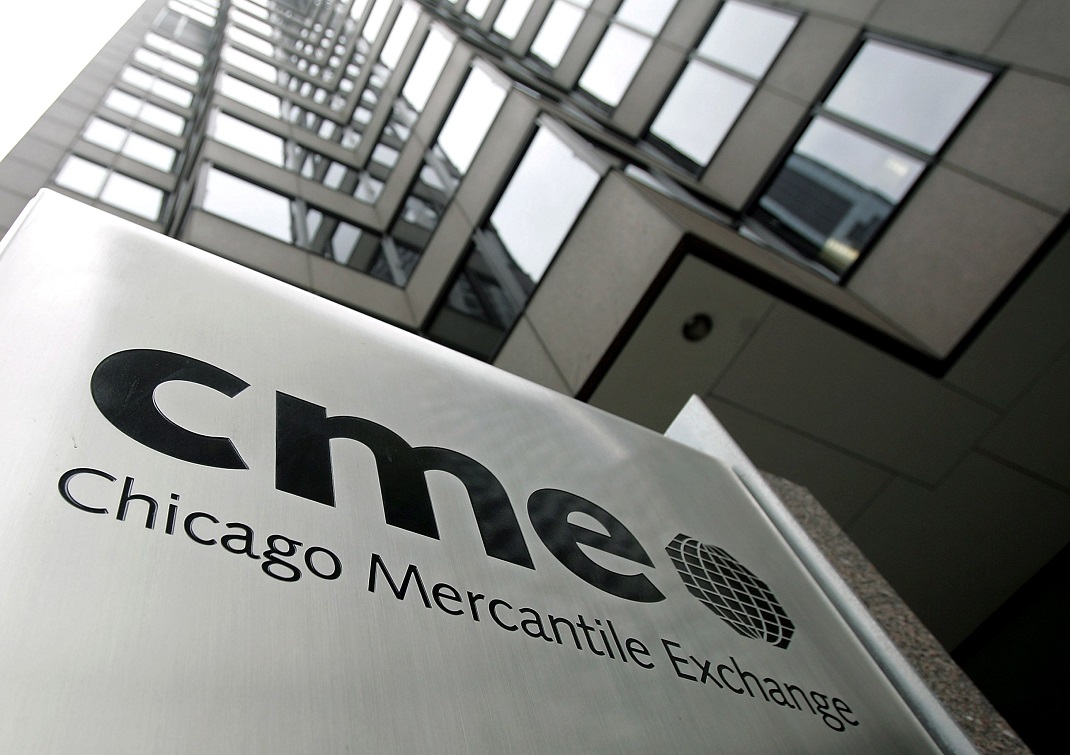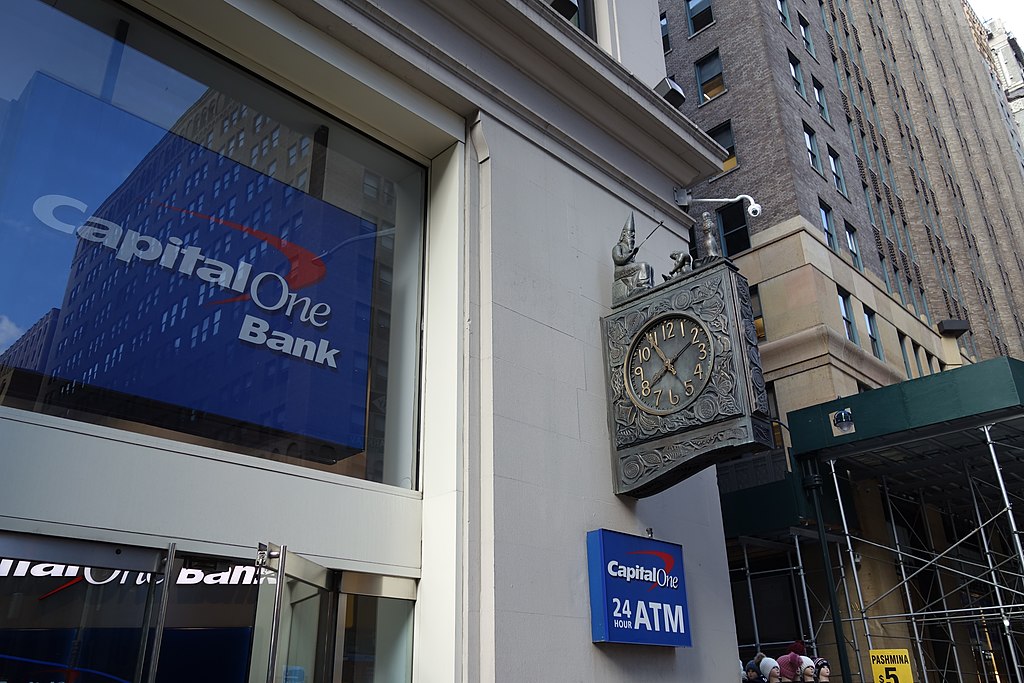The Philippines’ central bank, the Bangko Sentral ng Pilipinas (BSP), has given two companies the go signal to run virtual currency exchanges (VCEs) in the country, according to local news outlet PhilStar Global.
Atomtrans Tech Corp. International and Tokyo-based Telcoin Corp. were recently given approval by the BSP.
Founded in 2017, Atomtrans is a financial service provider headquartered in Manila and a holder of a Philippine central bank license. It already operates ATC Remittance and ATC Payment and now expands its business to the crypto-asset industry with ATC Digital Currency Exchange.
The company, which represents the Philippine-China remittance products, has also closed a deal with China UnionPay Electronic Payment Co., Ltd. and UnionBank of the Philippines.
On the other hand, Telcoin works with mobile service providers and has already developed an Ethereum-based blockchain.
With the two latest additions, the total number of licensed VCEs in the Philippines has increased to 13. The 11 approved crypto exchanges include Betur Inc. dba Coins.ph, Rebittance Inc., Bloomsolutions Inc., Virtual Currency Philippines Inc., Etranss Remittance International Corp., Fyntegrate Inc., Zybi Tech Inc., Bexpress Inc., Coinville Phils Inc., Aba Global Philippines Inc., and Bitan Moneytech Co. Ltd.
Rebittance Inc. co-founder Miguel Cuneta told news.Bitcoin.com that aside from the 13 registrants, many other exchanges are “in the process of applying,” further noting that “The Philippines has always been one of the most crypto-friendly countries in the world.”
He believes that the crypto adoption in the Philippines is growing, “at least in terms of the number of on-ramps and off-ramps we have for bitcoin and other cryptocurrencies in the country.”
In fact, Luis Buenaventura, Bloomsolutions Inc.’s founder and chief strategy officer, estimated that at least 2 million people in the country have been exposed to crypto, adding that there is also a “fairly sizable expat population, mostly Koreans, Chinese and Japanese so there’s a lot of cross-pollination when it comes to financial technologies and payment systems.”
Just recently, the UnionBank of the Philippines rolled out its own cryptocurrency called PHX to connect rural banks through its blockchain platforms. Pegged to the Philippine peso (PHP), PHX is already implemented on the banks i2i (island-to-island) blockchain platform.
In June, BSP governor Benjamin Diokno has cautioned over the risks of the growing use of cryptocurrency and blockchain technology in the country, adding that the institution will continue to address the risks of their use, especially since this can be utilized to fund terrorism and could disrupt the conventional banking sector.


























Comment 24